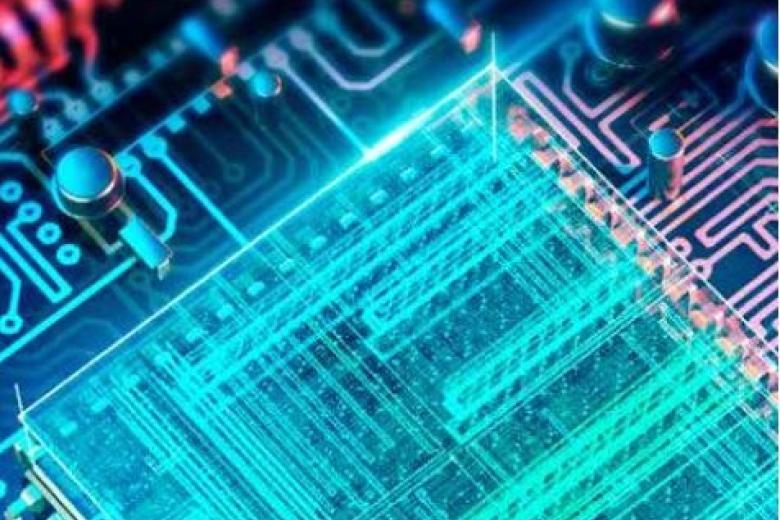A. Birmpili, MSc


Het programmeren van kwantumcomputers staat, net als de kwantumcomputer zelf, nog in de kinderschoenen. Onderzoekers die aan quantum computing werken, zijn vaak natuurkundige, wiskundige of computerwetenschappers met een zwak voor de wiskunde van de kwantummechanica.

Programming quantum computers, like the quantum computer itself, is still in its early stages. Quantum computing researchers tend to be physicists, mathematicians, or computer scientists who have a special interest in the mathematical framework of quantum mechanics.

This online workshop is conducted within the framework of the international research project "Facilitating mutual recognition: Analytics and Capacity building Information Legal eXplainable tool to strengthen cooperation in the criminal matter - FACILEX) of the Justice Program of the European Union...
How can science communication become a fully-fledged part of academic work?Using recognisable situations, the actors in this interactive theatre performance challenge you to engage with each other about recognising and rewarding science communication at Maastricht University.
Atomen en de kleinere elementaire deeltjes gedragen zich op vreemde, soms onvoorspelbare manieren. Het klinkt vreemd, maar juist die onvoorspelbaarheid geeft een kwantumcomputer zijn kracht. Exacte berekeningen maken, met ongekende mogelijkheden en op een manier die natuurkundigen nog steeds niet...

Atoms and smaller elementary particles behave in unusual, sometimes unpredictable ways. It sounds strange, but it is this unpredictability that gives a quantum computer its power. Executing precise calculations with previously unheard-of possibilities in a way that physicists still do not completely...

Gerco Onderwater onderzoekt hij de smaak van het heelal en bewaakt hij de smaak van het Maastricht Science Programme. Tijdens zijn oratie, 31 mei, gaf hij een voorproefje van zijn werk voor beiden.

Gerco Onderwater investigates the flavour of the universe while guarding the flavour of the Maastricht Science Programme. On 31 May, during his inaugural lecture, he provided a pre-taste of his work in Maastricht.

The perfect recycling of plastics from household waste is one step closer, thanks to research into quality monitoring at all stages of the recycling process. The University of Maastricht, the National Test Centre Circular Plastics, and their collaborators have received a government subsidy of over...
